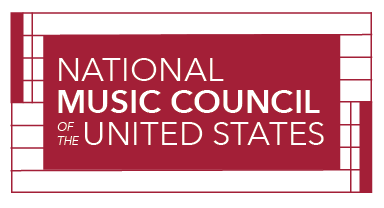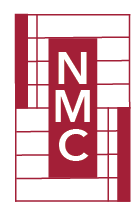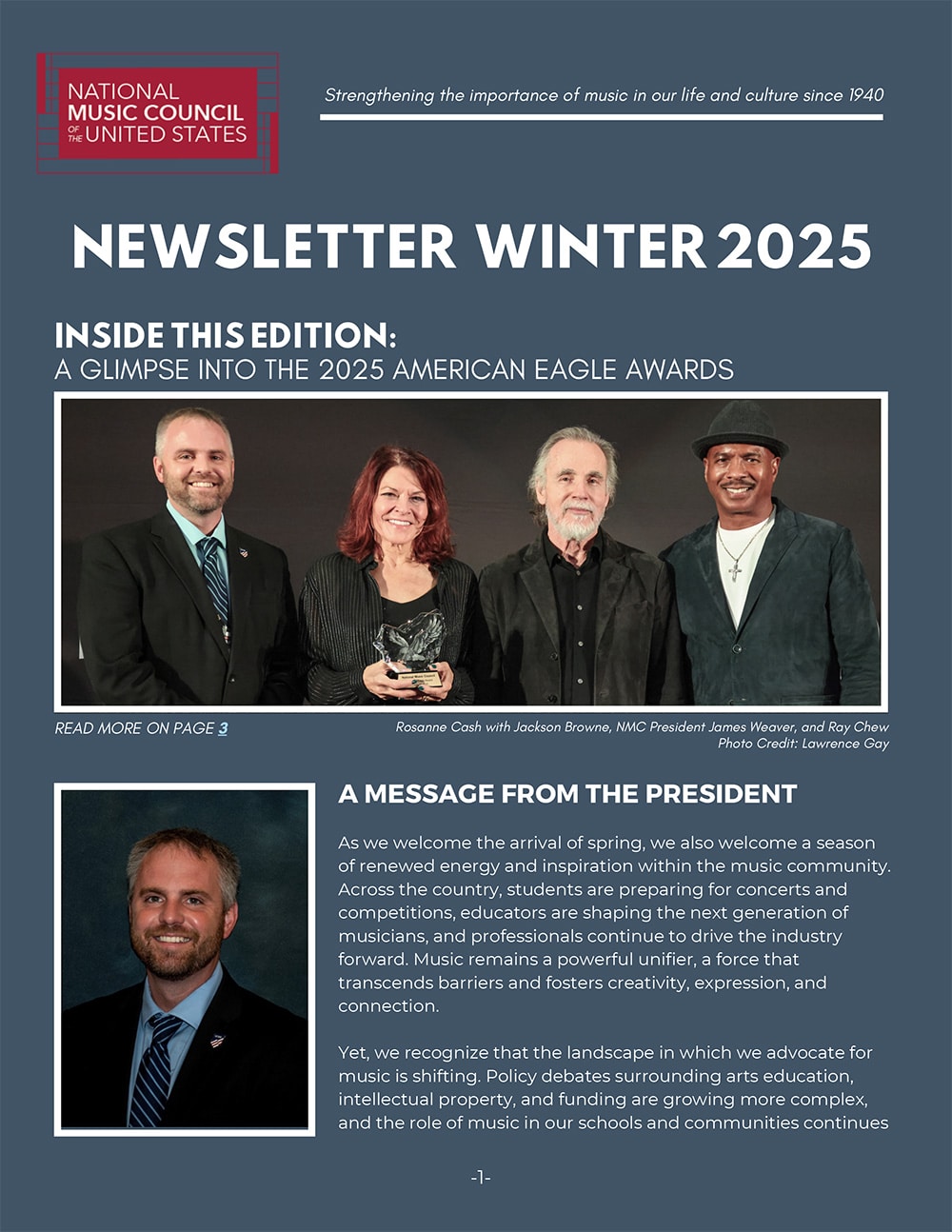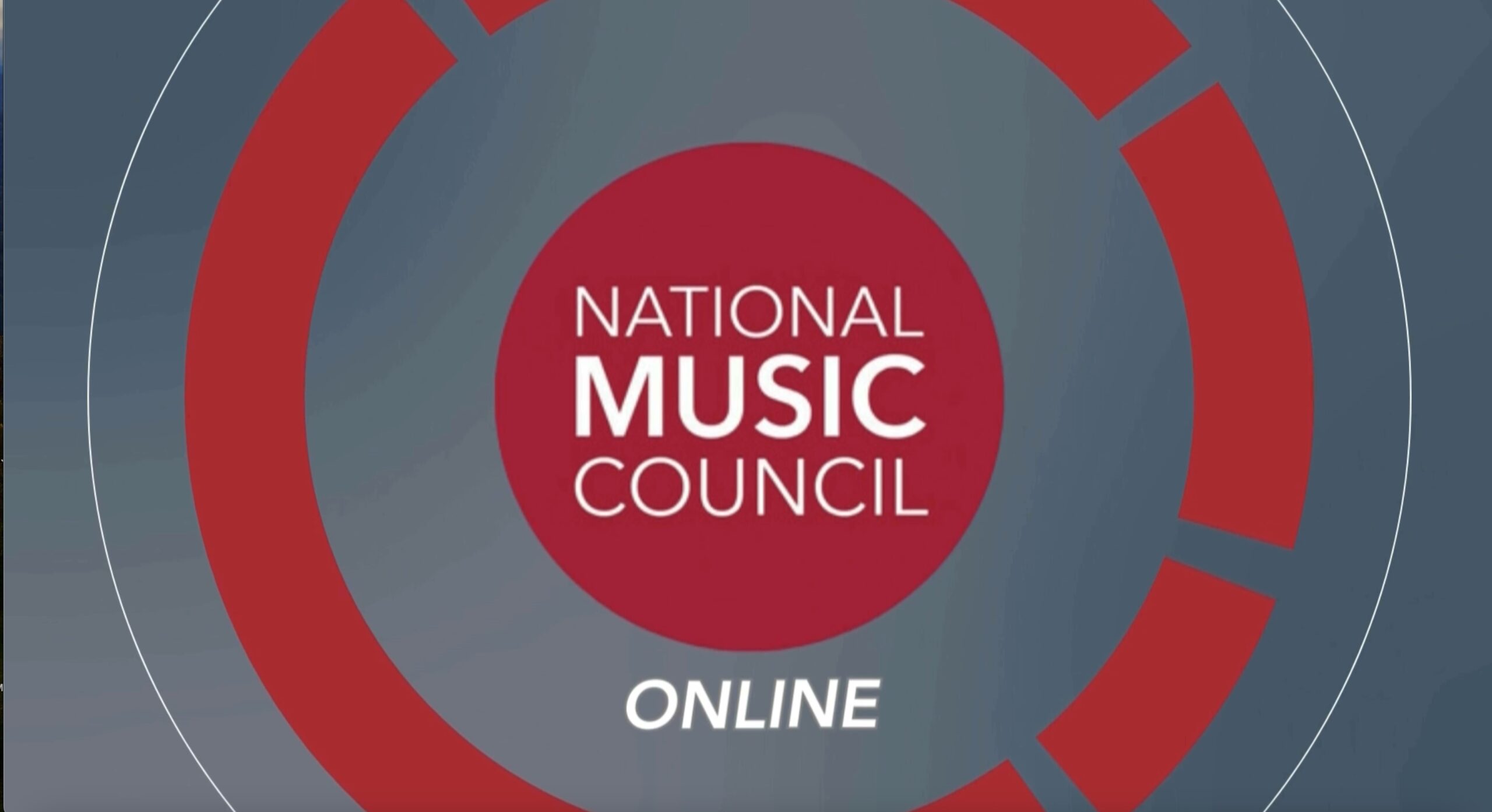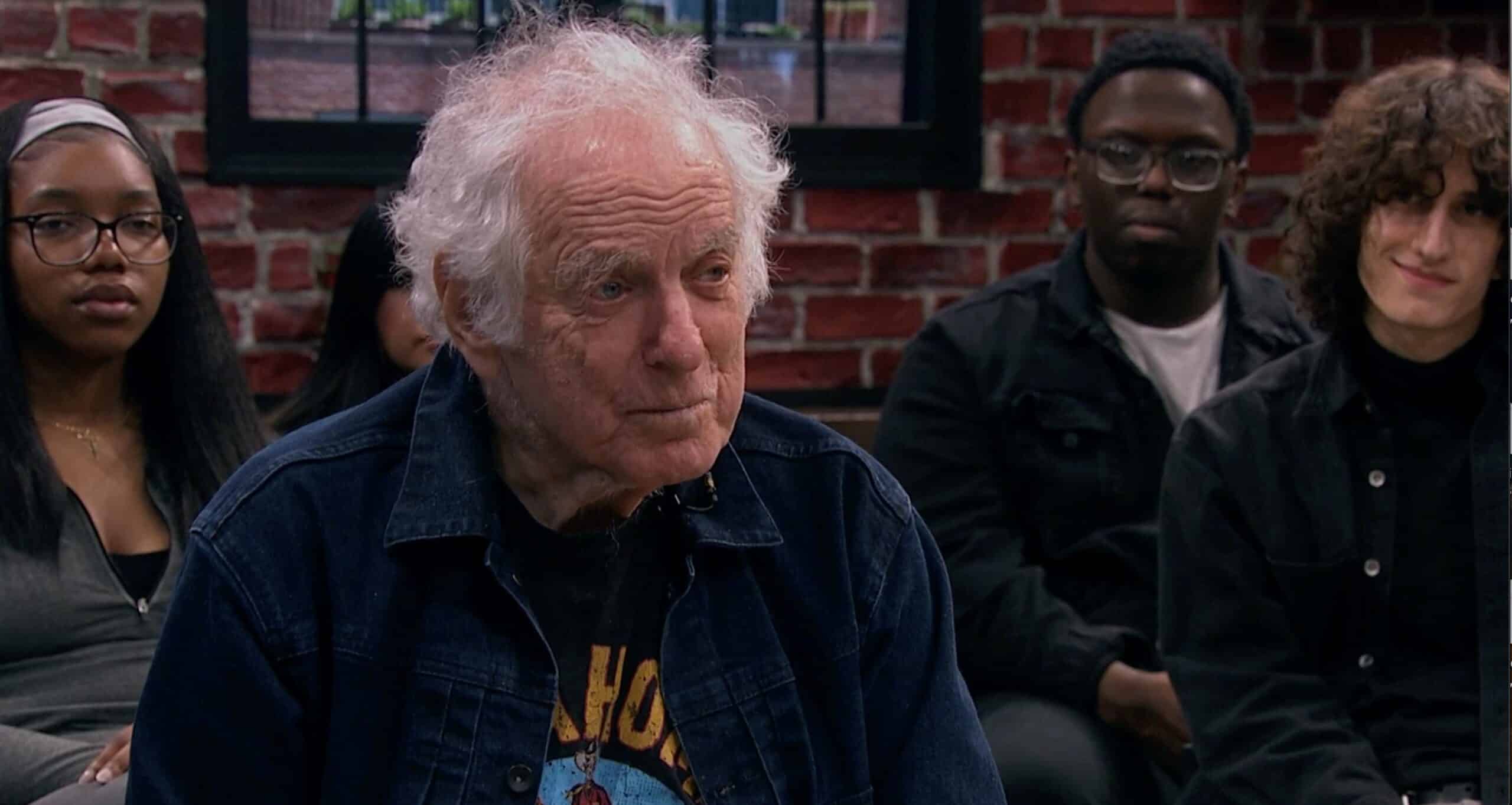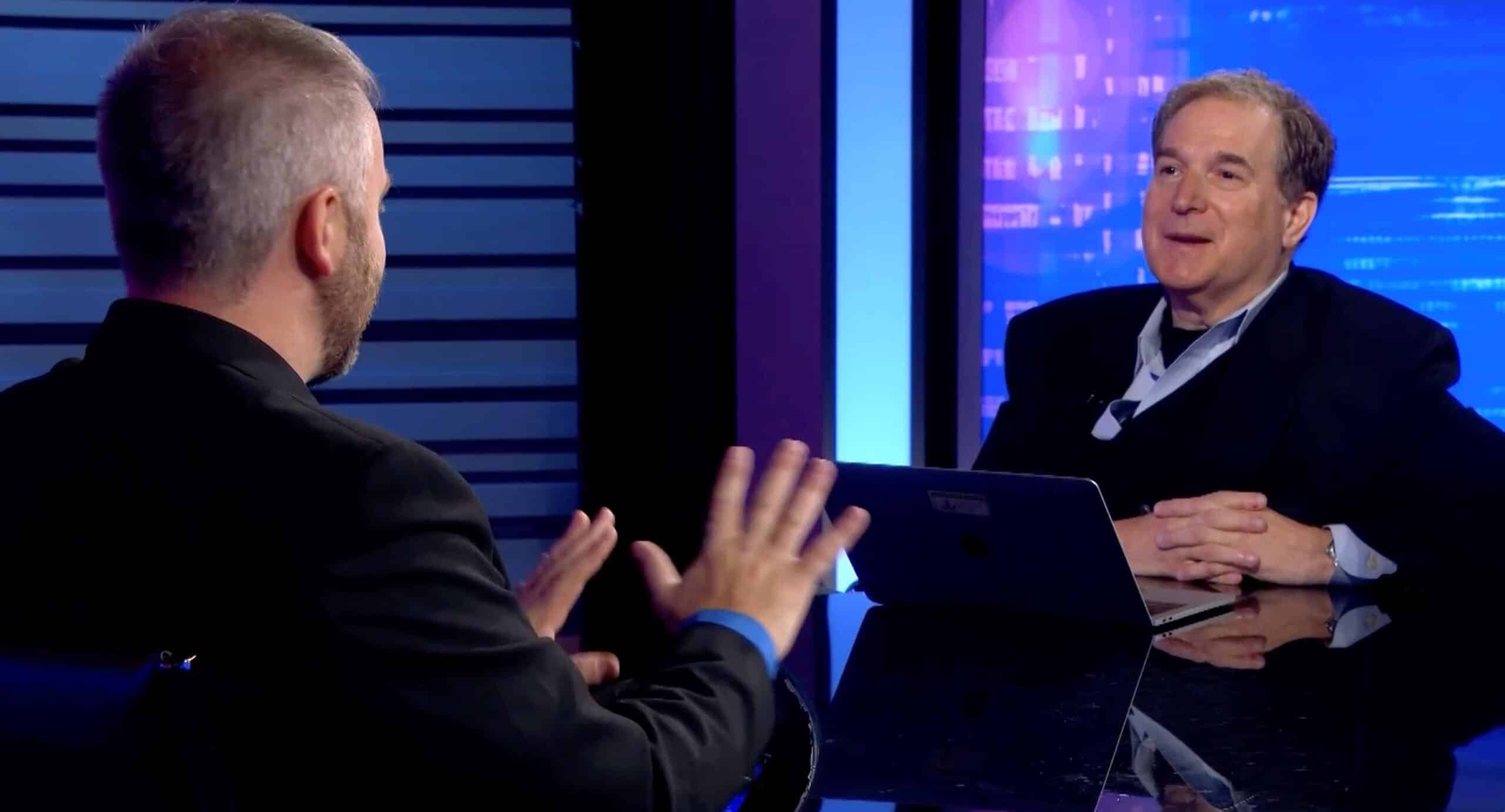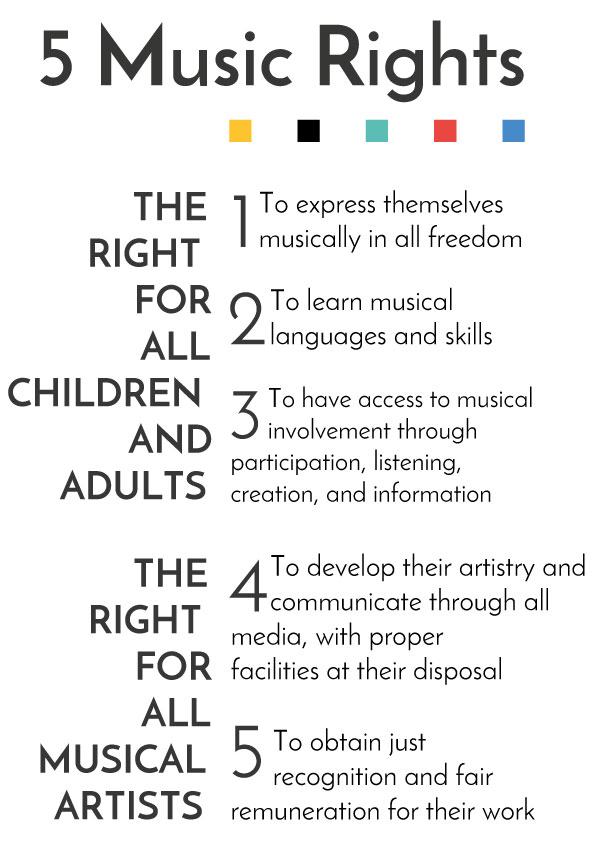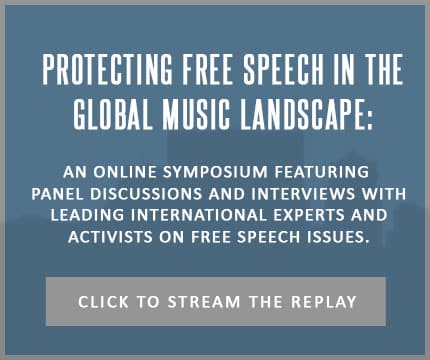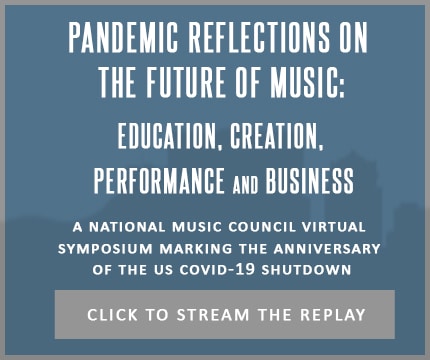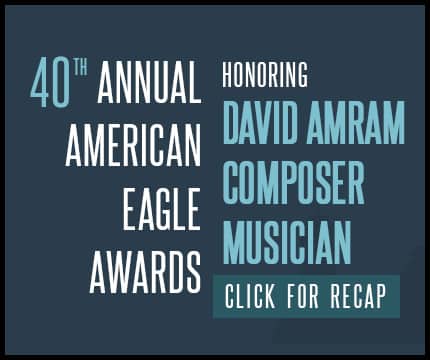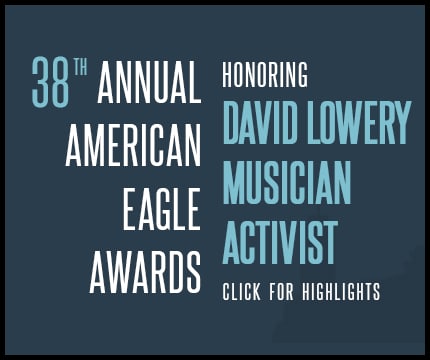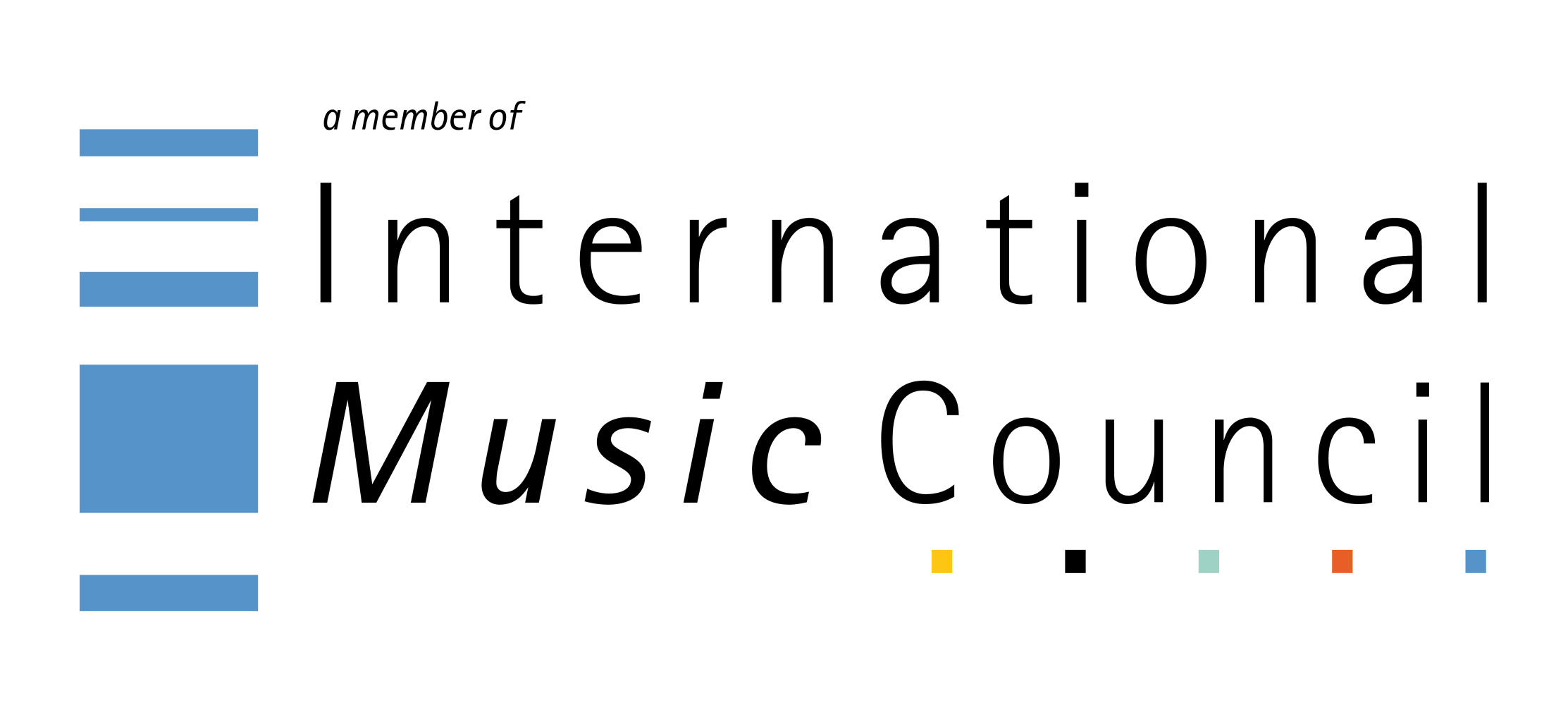Protecting Free Speech in the Global Music Landscape: National Music Council and IMC to Webcast Joint Symposium on Political Violence Against Music Creators and Performers
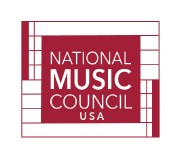
The National Music Council of the United States (NMC), in collaboration with its global partner, the Paris-based International Music Council (IMC), is proud to announce the premiere on March 3, 2023 at 9 am EST of a landmark Symposium addressing the recent spike in political violence against songwriters, composers and music performers throughout the world. The webcast, which will be available to viewers at musiccouncil.org, represents a key component of the global March 3rd Music Freedom Day observances. Details concerning subsequent access to materials will be available on the site.
The program will feature discussions and interviews with many of the world’s leading experts and activists on free speech issues as they pertain to the music and music education communities. Panel topics will include Movements to Protect Free Speech in Music; Trends in Politically-based Censorship of the Musical Arts, and; The History of Music’s Political Influence and of Governmental Attempts to Harness, Control and Silence It. The Symposium’s website will also feature a first-of-its-kind article compiled by NMC chair Charles J. Sanders –entitled “Music, Politics and History”– which traces the global timeline of music suppression and includes dozens of links to musical examples and accounts of incidents.
According to a joint statement issued by Sanders and NMC president James Weaver, “We believe this to be the first international, music community-sponsored forum ever held outside of Europe to address this crucial topic, and NMC is proud to have joined with its IMC colleagues in bringing it to fruition. The ability in the US and Canada to speak out on such issues, principally without fear of government reprisal, places on us a special responsibility to shine a brighter light on these escalating injustices and attacks. Music creators and performers have always been vulnerable targets for coercion and repression. Our community’s responsibilities are to ensure that such anti-democratic activities not remain hidden in the shadows, no matter where in the world they occur—including within our own borders.”
In summing up his own organization’s hopes for what the Symposium will accomplish in terms of future action, IMC president Alfons Karabuda adds that “we have seen in recent months and years the murder, displacement and economic sanctioning of composers, conductors, musicians and other members of our international community in various places across the globe. Our fellow music creators and artists who find themselves in these disastrous political crossfires are urgently in need of our help. We are exquisitely sensitive to the diplomatic nuances required to avoid exacerbating the dangers they face, and will exercise sound judgement in consultation with the victims in each case. History, however, teaches that silence is neither an acceptable nor effective strategy.”
